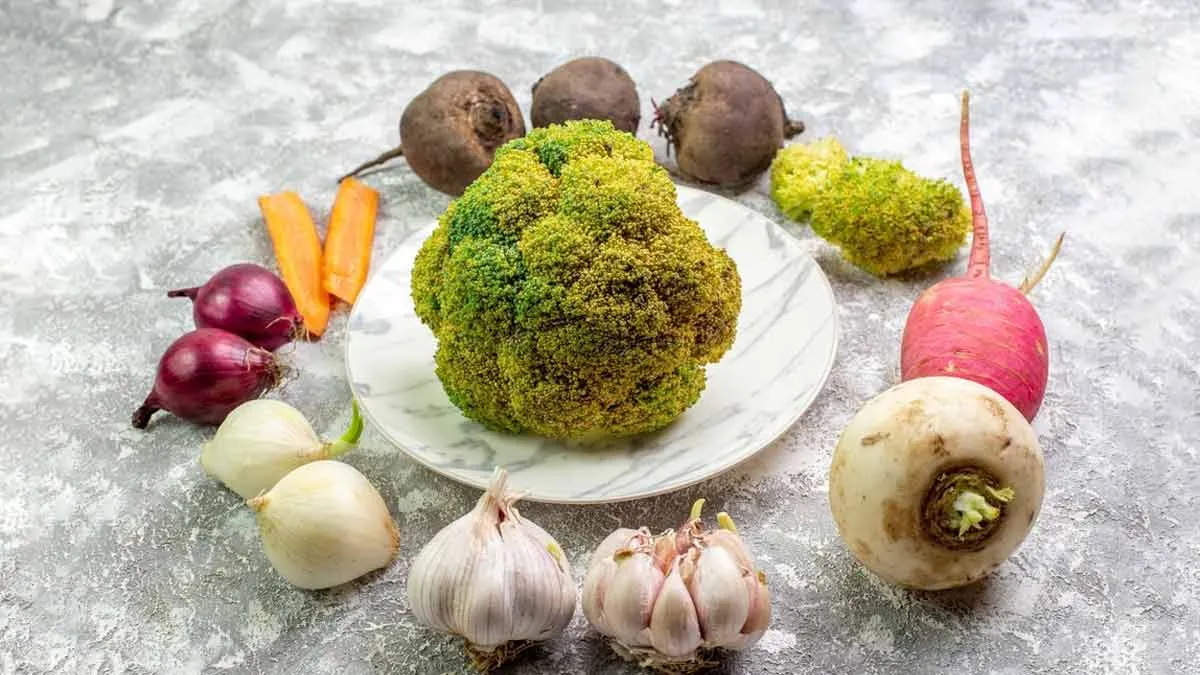
The human immunodeficiency virus (HIV) is a chronic retrovirus that can lead to acquired immunodeficiency syndrome (AIDS), the final stage of the disease. Although treatment is available for those living with HIV, maintaining a balanced diet can benefit both individuals with the virus and the general population, potentially slowing the progression of HIV. We spoke with Safia Livingston, a Dietician (MS RD) at MASSH (Minimal Access Smart Surgery Hospital), to gain insights into superfoods that can help delay the progression of HIV.
Safia Livingston says, "With HIV, the body is constantly overworked, the virus attacks the defence system in the body, thus causing the body to work harder and requires more nutrition and energy to fight back. Research shows that malnutrition accelerates the progression of HIV. A nutrient-dense diet fortified with superfoods becomes a powerful tool to fight any opportunistic infections and slow the progression of HIV."
Safia Livingston recommends keeping the acronym ‘HIV’ in mind when planning a virus-fighting diet:
Don't Miss: Stomach Cancer Awareness Month: How It Spreads And The Most Common Sites of Metastasis, As Per Cancer Expert

While no single food can slow HIV progression on its own, a well-balanced, nutrient-dense diet rich in anti-inflammatory foods, when consumed regularly, can make a significant difference.
Don't Miss: World AIDS Day 2024: 5 Tips On How To Look After And Take Care Of AIDS Patients
People with HIV should avoid the following types of foods:
Foods that are high in salt
Foods that are high in sugar
Foods rich in saturated fats
Raw eggs
Undercooked or raw meats and seafood
Dairy products and fruit juices

Since HIV weakens the immune system, individuals with the virus are at a higher risk of foodborne illnesses, which can be more severe and prolonged. Foodborne illnesses occur when germs contaminate food during preparation or consumption, leading to sickness or food poisoning.
In addition to maintaining a healthy diet, individuals with HIV must take extra precautions when handling food. Given that HIV can suppress the immune system, practising proper food hygiene and safety is essential to prevent additional infections.
Keep reading Herzindagi for more such stories.
Credits: Freepik
Also watch this video
Herzindagi video
Our aim is to provide accurate, safe and expert verified information through our articles and social media handles. The remedies, advice and tips mentioned here are for general information only. Please consult your expert before trying any kind of health, beauty, life hacks or astrology related tips. For any feedback or complaint, contact us at [email protected].